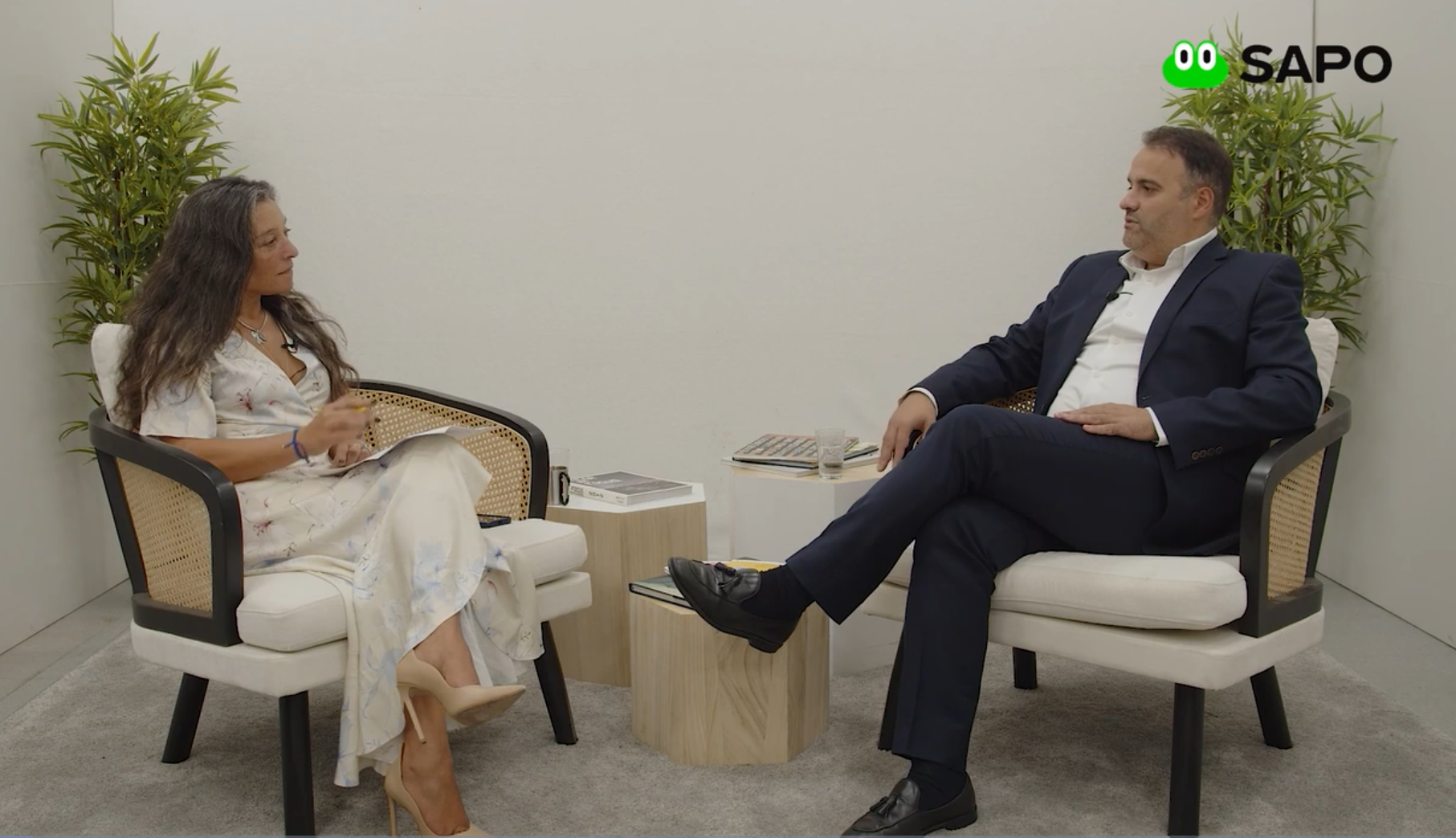Sérgio Araújo Outlines Housing and Infrastructure Policies for Trofa's Future
Sérgio Araújo, the candidate for the 'Unidos pela Trofa' (PSD/CDS) coalition in the upcoming municipal elections, has announced a series of strategic initiatives aimed at transforming the municipality's housing landscape, tax structure, and public transportation. In a detailed interview, Araújo, currently a councilor, presented his policy objectives which focus on attracting investment, improving quality of life, and resolving long-standing infrastructure deficits, most notably the extension of the Metro do Porto network to the city.
The policy platform is built on what Araújo describes as a project of continuity and future-focused transformation, building on the work initiated in 2013. A central objective of his candidacy is to address the national housing crisis at a local level. He proposes a dual approach involving direct public investment and, crucially, the attraction of private capital. Araújo pointed to the necessity of making the municipality more attractive to developers by reforming the building permit process. He announced plans to implement a 'via azul,' or fast-track system, for licensing to drastically reduce approval times, which he noted can currently extend to a year and a half, a timeline he deems unacceptable for investors. Furthermore, he detailed a plan to use the local housing strategy, in conjunction with the Institute for Housing and Urban Rehabilitation (IHRU) and funds from the Recovery and Resilience Plan (RRP), to facilitate the construction of controlled-cost and affordable rental housing by having the municipality cover the financial gap that prevents development at current market rates.
In a direct appeal to property owners and potential new residents, Araújo committed to a gradual but determined reduction of the Municipal Property Tax (IMI). The stated goal is to reach the legally mandated minimum rate by the end of his prospective term. He explained that this policy was not previously possible due to the municipality's severe indebtedness in 2013, but its current financial stability, ranking it among the 50 most stable of Portugal's 308 municipalities, now permits such a measure. This tax relief is intended to stimulate the local economy and make Trofa a more appealing place to live and invest.
The most prominent and impassioned point of his platform is the demand for the Metro do Porto's arrival. The train line was removed over two decades ago with a promise of replacement by the metro, a promise that has been repeatedly deferred by successive governments. Araújo stated his confidence in the current national government and Minister of Infrastructure, citing information that a public tender for the project will be launched by the first quarter of 2026. However, he adopted a firm and non-negotiable stance, declaring that a municipal lawsuit against the Portuguese State and Metro do Porto will not be withdrawn until construction machinery is physically on the ground. He warned that if the government fails to deliver, he would not hesitate to mobilize the public. "If it's necessary to gather more than 10,000 people to come to Lisbon, we will do it," he affirmed, underscoring the deep-seated frustration of the local population over the issue.
Need Expert Guidance?
Get personalized insights from verified real estate professionals, lawyers, architects, and more.
Araújo's strategic vision for Trofa is that of an economic hub, leveraging its position within a powerful export corridor that includes major companies like Bial and Frezite. He argued that attracting qualified labor and encouraging them to reside in Trofa is essential for the local economy. This requires not only housing but also a focus on specialized education and industry-specific investment, supported by fiscal incentives for companies. He mentioned plans for a 'Center for High Business Performance' to be initiated in 2026, designed to train and house young professionals for local industries.
The candidate also addressed internal administrative matters, committing to the full disaggregation of the municipality's parishes to grant them administrative autonomy, a process he believes is critical for focused local development. He also outlined a three-pronged security plan: increasing the municipal police force, demanding more GNR national guard officers from the central government, and implementing video surveillance in public parks and stations.
The policy announcements were made in the context of a local election that sees Araújo running against the incumbent mayor, António Azevedo, who is now leading an independent movement after the PSD/CDS coalition selected Araújo as its official candidate. Araújo framed his 'Unidos pela Trofa' project as one of stable, experienced governance with a clear, long-term vision for development, contrasting it with what he termed inexperienced political adventures.
Understand policy impacts on your Portugal property plans at realestate-lisbon.com.






